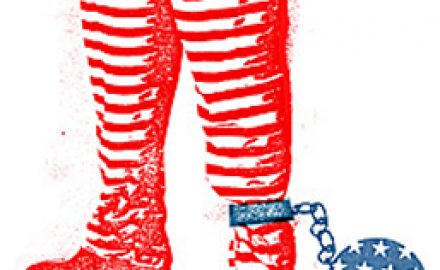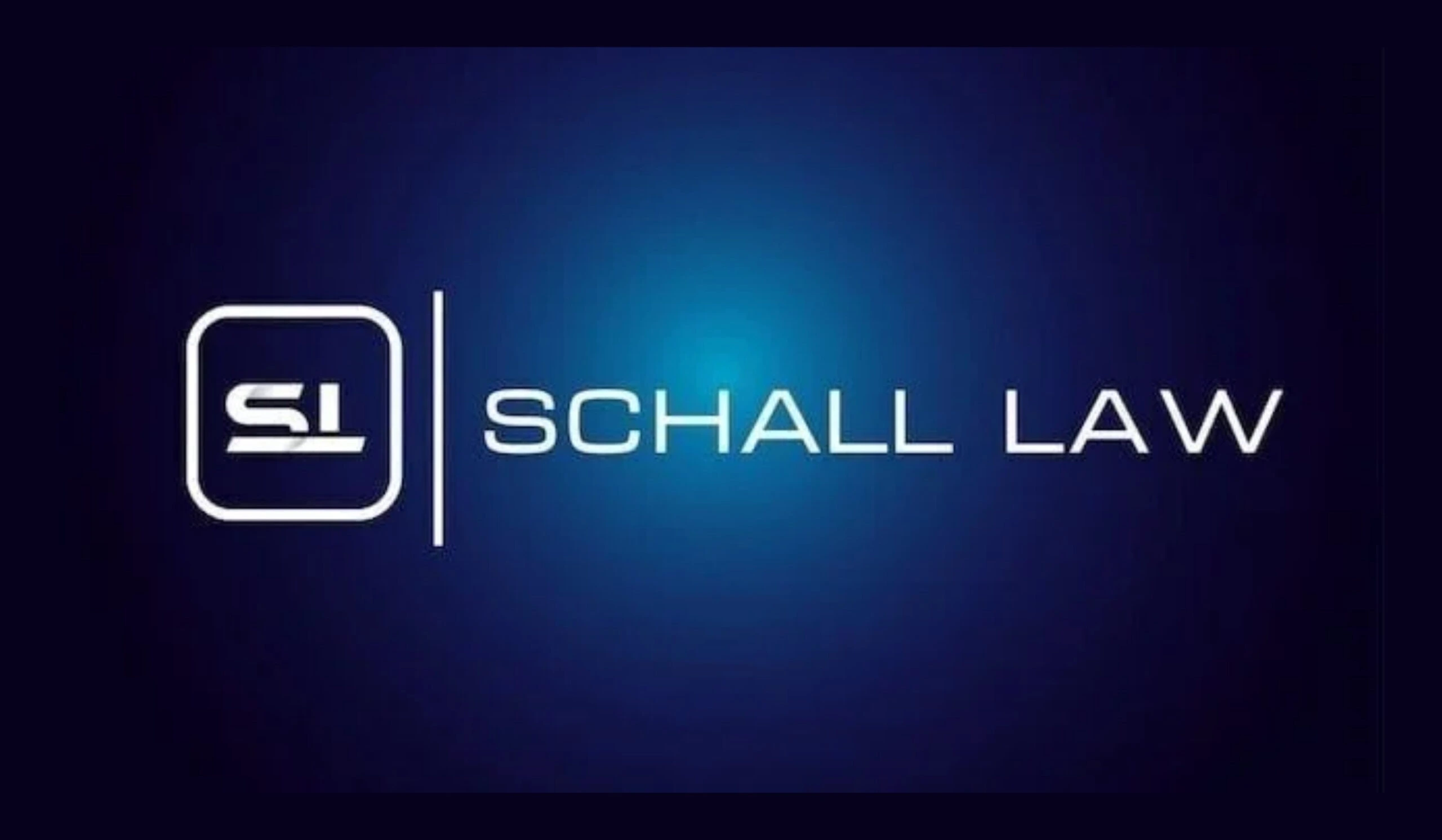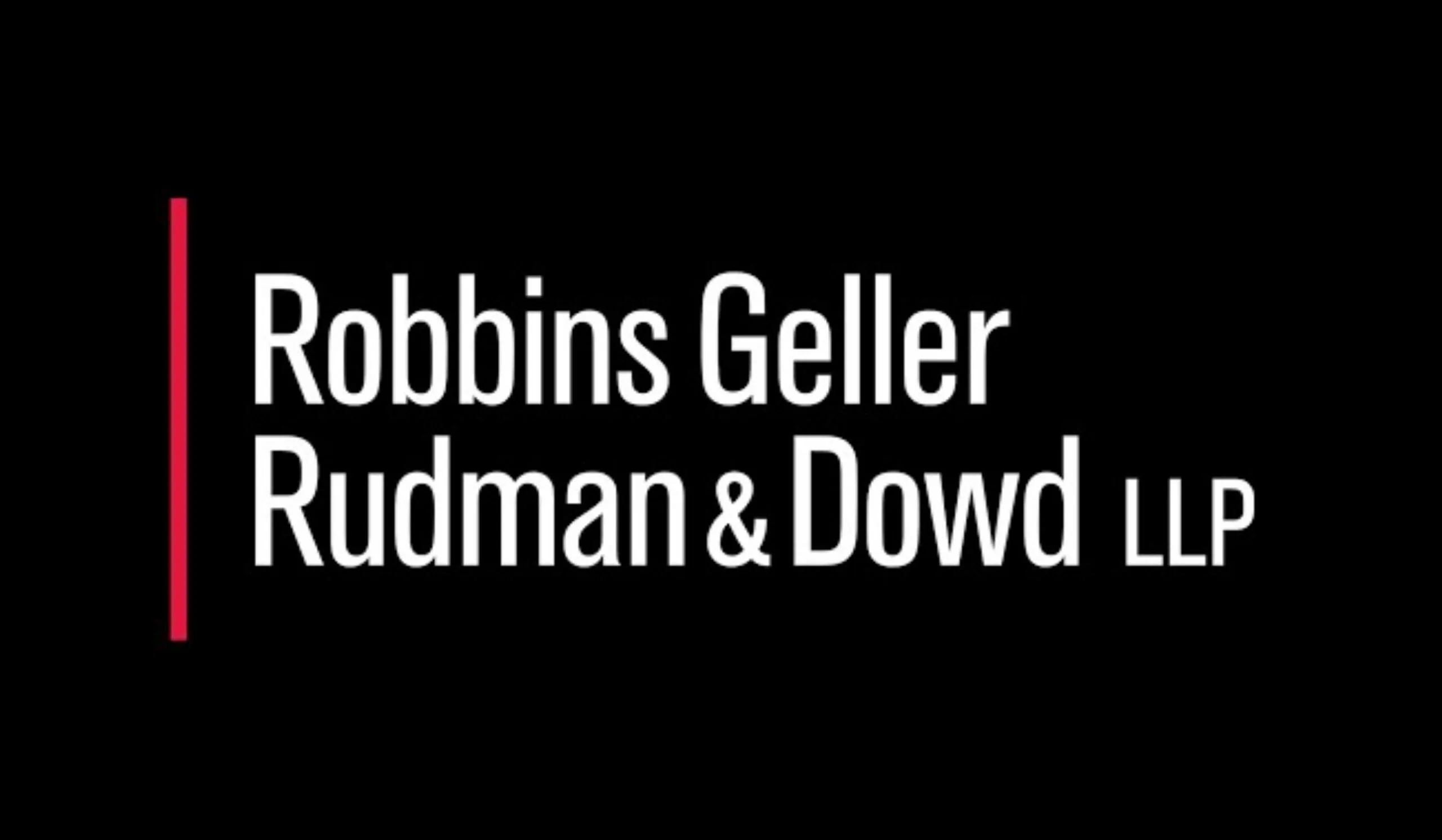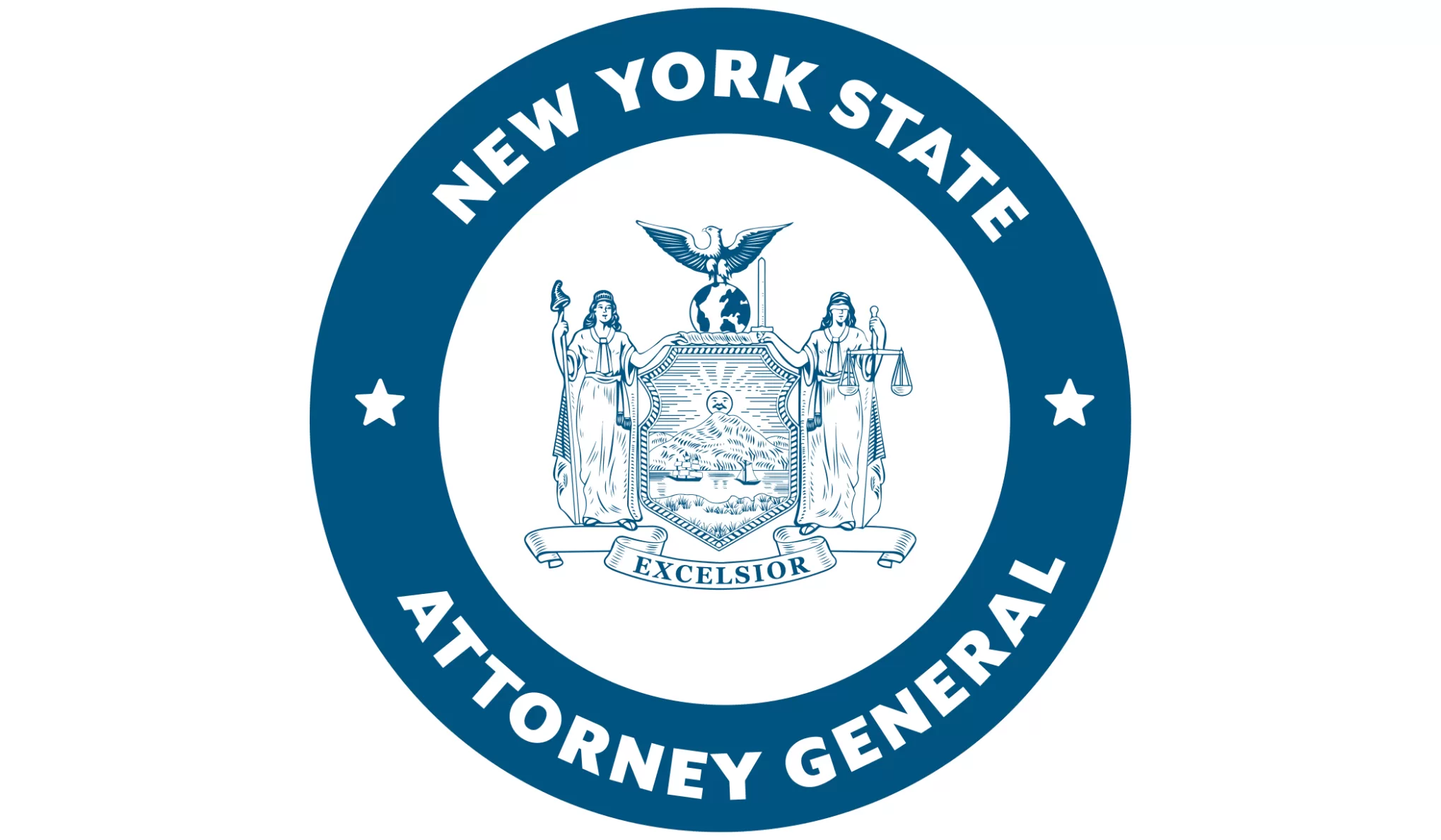By Joseph Snook
Investigative Reporter
 When I hear the words “plea deal,” the first thought that usually comes to mind is, “legal blackmail.” A plea in today’s justice system could mean the difference between the rest of your life in prison, or, no jail time at all. That’s correct – the difference between a guilty plea and being found guilty could mean as much as a 500% increase in your sentence – regardless of innocence. Understanding that all defendants are not innocent, a plea deal could, and often does help our justice system by curtailing the cases that would otherwise overload courts all over the country, for years, if every defendant were to choose trial. Although plea deals are used in an estimated 97% +/- of all cases across the country, do they meet the standard our founders intended when they talked about due process? In short, no. So, why is that? And, what can be done to help promote justice, while preventing wrongful convictions?
When I hear the words “plea deal,” the first thought that usually comes to mind is, “legal blackmail.” A plea in today’s justice system could mean the difference between the rest of your life in prison, or, no jail time at all. That’s correct – the difference between a guilty plea and being found guilty could mean as much as a 500% increase in your sentence – regardless of innocence. Understanding that all defendants are not innocent, a plea deal could, and often does help our justice system by curtailing the cases that would otherwise overload courts all over the country, for years, if every defendant were to choose trial. Although plea deals are used in an estimated 97% +/- of all cases across the country, do they meet the standard our founders intended when they talked about due process? In short, no. So, why is that? And, what can be done to help promote justice, while preventing wrongful convictions?
Take the case of Kevin Driscoll for example. He was a young man when accused of rape. He owned a home, had a promising career, and in the blink of an eye, he lost it all. His parents also lost their retirement helping fund his legal defense. Hundreds of thousands of dollars – gone. Kevin knew he was innocent. The alleged victim was cheating on her husband and boyfriend, with Kevin, and she got caught, which led her to make the false claim. Kevin had no idea she had a boyfriend, nor any idea she was married. It didn’t take long before the evidence piled high in Kevin’s favor. There was only one problem, the prosecutor wouldn’t dismiss Kevin’s charges. Instead, the prosecutor added more charges against Kevin, then used a plea deal to entice Kevin into not exercising his right to a jury trial. Facing 25 years in prison if convicted, Kevin decided to take the facts in front of a jury. As trial came close to end, the prosecutor, knowing the case was not going in the State’s favor, offered Kevin 6 months in jail, including a dismissal of several of the crimes Kevin was charged with, in return for a guilty plea. The prosecutor’s stance – take it or leave it. Kevin denied the offer and was later acquitted. Although Kevin was acquitted, some who are truly innocent don’t enjoy the same outcome.
We know that innocent people often accept pleas, because the statistics irrefutably show that. With over 1,800 exonerations in the U.S. to date, an estimated 25% of the wrongly convicted falsely admitted guilt.
Instead of simply dismissing cases or not charging cases that lack convincing evidence, prosecutors have misused plea deals to strong-arm seemingly innocent defendants into admitting guilt, in return for a lighter sentence. It works. This is not widely known by the general public but is certainly known by attorneys. In my line of work, the client almost always says, “if I only would have known…” That’s a big part of the problem. By the time the innocent person learns the system, it’s usually too late. They’re dead broke and either already incarcerated or on a fast track to incarceration.
 So, how can we lessen the courts burden, and still give the accused due process? We can start by diminishing the difference between plea deals and trial sentencing. Essentially, don’t give the prosecutor power to say no jail time (guilty plea), or, 20 years in prison (conviction). Being able to lower the sentence if guilt is admitted should not be the difference between life, or freedom, or more than a 10-year sentence for that matter. That is too great of a risk, which is supported by the number 97. The guilty plea, although no jail time is the outcome, often leaves a rough road ahead for the convicted. Just think about the plea that left you a convicted felon – you lost many rights and are much less likely to ever find employment, increasing the odds that you will eventually end up back in the justice system. Also, diminish the prosecutor’s ability to over-charge defendants. When a prosecutor receives a police report, they can charge the defendant with more crimes than what is recommended, which does happen. This tactic is often called stacking charges – it gives the prosecutor more room to negotiate a deal – a deal that works 97% of the time.
So, how can we lessen the courts burden, and still give the accused due process? We can start by diminishing the difference between plea deals and trial sentencing. Essentially, don’t give the prosecutor power to say no jail time (guilty plea), or, 20 years in prison (conviction). Being able to lower the sentence if guilt is admitted should not be the difference between life, or freedom, or more than a 10-year sentence for that matter. That is too great of a risk, which is supported by the number 97. The guilty plea, although no jail time is the outcome, often leaves a rough road ahead for the convicted. Just think about the plea that left you a convicted felon – you lost many rights and are much less likely to ever find employment, increasing the odds that you will eventually end up back in the justice system. Also, diminish the prosecutor’s ability to over-charge defendants. When a prosecutor receives a police report, they can charge the defendant with more crimes than what is recommended, which does happen. This tactic is often called stacking charges – it gives the prosecutor more room to negotiate a deal – a deal that works 97% of the time.
Remember, most poor people can’t afford bail. Even wealthy people often can’t afford bail. These people are often incarcerated for months, and even years, before they ever get to trial. Plea deals are often accepted simply because the defendant is already frightened to death of further incarceration.
With criminal justice reform making headway across the country, it’s important to understand all angles of this argument. For those who believe most defendants are guilty, look at the facts. Innocent people are having their convictions overturned at alarming rates. Obviously, if the government made a mistake, the innocent person will usually be awarded compensation because of such. It’s not uncommon to read a headline that explains how an innocent was exonerated, and compensated for millions because of errors within the criminal justice system. Help reign in overreaching, abusive, overzealous prosecutors and send a strong message, “we don’t want our tax revenue being spent to the tune of a TRILLION dollars annually, to incarcerate!” Don’t condone prosecutor’s actions who are more concerned with their conviction rate, than serving justice.
The United States is now deemed, “Incarceration Nation.” What we invest in, grows. Let’s change that!













